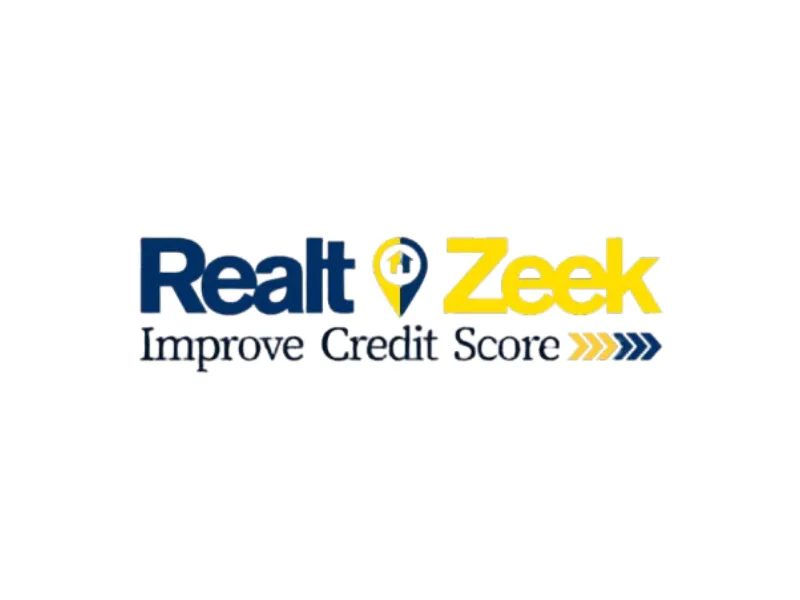STILL NOT SURE?
Frequently Asked Questions
What credit score do I need to buy a home?
Most lenders look for a minimum score of 620, but higher scores (700+) qualify for better rates.
Can I buy a house with bad credit?
Yes, but you may need a larger down payment or work with lenders specializing in lower credit scores
How long does it take to improve a credit score?
With the right strategies, scores can improve in as little as 30–45 days.
Do I need to be debt-free to buy a home?
Not necessarily. Lenders look at your debt-to-income ratio to assess affordability.
How much down payment do I need?
Typically 3%–20%, depending on the loan program and your credit profile.
Will checking my credit hurt my score?
A soft inquiry won't hurt your score. Only hard pulls for loans or cards may lower it slightly.
Can I fix my credit myself?
Yes! With the right guidance and effort, many people successfully boost their scores on their own.
How does credit utilization affect my score?
Utilization makes up 30% of your score. Keep it under 30%, ideally below 10%.
What is a good credit score range?
A good score is 670 and above. 740+ is considered very good to excellent.
What's the difference between pre-qualified and pre-approved?
Pre-approval involves a deeper financial check and is stronger than pre-qualification when buying.
Does paying off collections help my score?
It may help slightly, but removing them completely has a bigger impact.
How do late payments affect my credit?
Late payments can stay on your report for up to 7 years and significantly lower your score.
Can student loans hurt my mortgage approval?
Not if managed well. Lenders review your monthly obligations in the debt-to-income ratio.
How long do hard inquiries stay on my report?
They stay up to 2 years but only impact your score for the first 12 months.
What’s a rapid rescore?
A method some lenders use to quickly update your credit report with recent changes.
Can I buy a house after bankruptcy?
Yes, depending on the loan type and how long ago the bankruptcy occurred.
How do I dispute errors on my credit report?
Submit a dispute directly to the credit bureaus online or by mail with supporting documents.
Do medical bills affect my credit score?
Only if they go to collections and remain unpaid for a period of time.
What’s the fastest way to increase my credit score?
Pay down credit cards, become an authorized user, and remove negative errors if possible.

Unlock higher scores with customized strategies tailored to your life goals.
FOLLOW US
RealtoZeek
CUSTOMER CARE
LEGAL
Disclaimer: Ezechiel Obil is a Florida Licensed Real Estate Agent with United Realty Group.
Copyright© 2025 RealtoZeek. All rights reserved.
